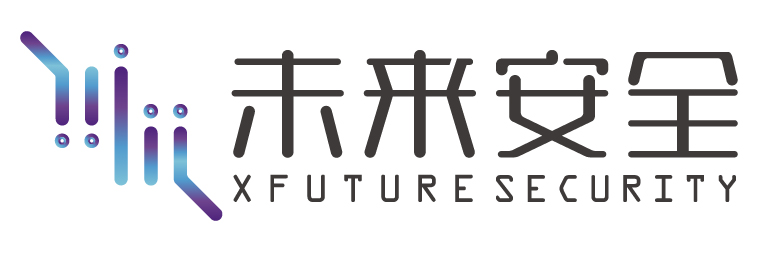Web3 mobile wallet security is a crucial aspect of the blockchain ecosystem, especially in the face of threats posed by rooted devices. Among many proposed approaches, using Trusted Execution Environment (TEE) technology has become widespread and promising. Modern mobile providers widely adopt TEEs, enhancing security across the Web3 credentials lifecycle and offering advanced security primitives for wallet apps, boosting their resilience to threats.
Despite TEE's fundamental role in wallet security, the implementation of this technology requires rigorous attention to ensure the preservation of its protective functions. As TEE advocates, we've evaluated the security of recently introduced TrustZone TA security primitives and found vulnerabilities, potentially enabling privileged attackers to overcome this protection.
In our presentation, we highlight TEE's importance in safeguarding Web3 wallets and expose TrustZone TA's implementation pitfalls identified in our research. We share our journey overcoming challenges during the vulnerability discovery process. We delve into an analysis of three identified vulnerabilities, shed light on their implications, and show how memory read/write primitives and data leakage channels from TrustZone can be leveraged. We emphasize how these vulnerabilities could potentially facilitate arbitrary memory read/write access, possibly leading to unintended data leakage within TrustZone. We wrap up by stressing the need for detailed inspection, secure programming practices, and thorough auditing during TEE implementation.
In summary, TEE is an integral approach in fortifying the Web3 wallet security. However, it's vital to identify potential pitfalls and ensure proper safeguards to maintain the effectiveness of the technology, thus fostering a secure and trustworthy blockchain ecosystem.































































 沪公网安备 31011202003028号
沪公网安备 31011202003028号